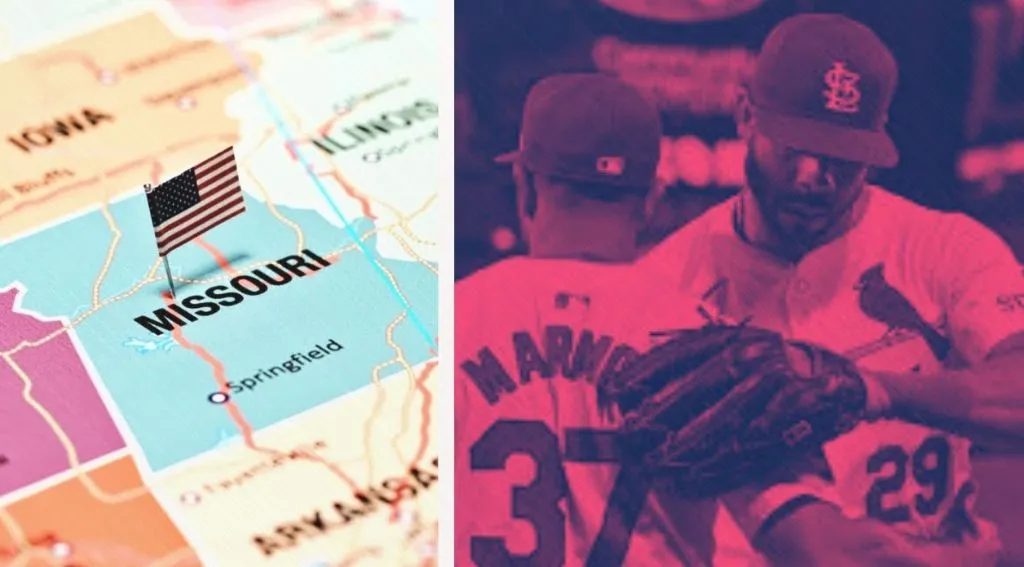
This legal dispute began with referendum opponents questioning the validity of signatures collected to place the initiative on the ballot. They argued that many signatures were invalid, claiming discrepancies in the number of eligible voters. However, Judge Green dismissed these concerns, stating that the plaintiff's handwriting expert was neither credible nor reliable. The judge noted that there was no concrete evidence that the problematic signatures came from ineligible voters.
Green's ruling also addressed concerns about the method used to calculate the required number of signatures, explaining that the methods used in 2022 and this year remain consistent and legal. This decision effectively closed the door to further legal intervention, with Missouri's ballots soon to be printed. Even if a last-minute appeal succeeds, voters will still see the referendum on the November ballot.
A Boon for Public Education
The potential benefits of legalizing sports betting in Missouri are significant, with proponents emphasizing the economic benefits for public schools. Jack Cardetti, a spokesperson for the Missouri Education Wins organization, is one of the state's most active supporters, highlighting that Missouri residents currently cross state lines to place bets in neighboring states like Illinois and Iowa, thus missing out on revenue opportunities. Cardetti believes that by keeping these funds within the state, Missouri could significantly increase its education funding.
The proposed 10% tax on sports betting revenue is below the national average, possibly to attract voters who may be hesitant about additional taxation. Nonetheless, this tax could still bring millions of dollars in revenue to Missouri classrooms, with some estimates suggesting it could significantly increase the state's education budget.
Support from Sports Teams for the New Measure
Missouri's professional sports teams are enthusiastically supporting the referendum, with representatives from the St. Louis Cardinals and Kansas City Chiefs also expressing support for the measure. Bill DeWitt III, president of the Cardinals, also voiced his approval, believing that the legalization of sports betting is not only beneficial for fans but also for the state's public schools. He expressed gratitude to the many residents who supported the petition and helped get the initiative on the ballot.
The support of Missouri's sports teams, especially from Super Bowl champions the Kansas City Chiefs, could resonate with voters. These teams are beloved by Missourians, and their support adds significant strength to the legalization effort. Additionally, all six of the state's professional sports teams unanimously support the referendum, adding a powerful collective voice to the discussion.
While the Missouri referendum is a significant moment for advocates of sports betting, it is noteworthy that 2024 is a slow year for the further expansion of legal gambling in the United States. Since the U.S. Supreme Court overturned the Professional and Amateur Sports Protection Act (PASPA) in 2018, 37 states have legalized sports betting. However, this year, Missouri is the only state with an opportunity to join this group. Larger states like California and Texas have not yet passed similar measures, so Missouri could become the 39th state to legalize sports betting.
The slow nationwide rollout is also reflected in the slow expansion of online casino gaming, with only a few states legalizing online casino games since 2013. However, the debate in Missouri is strictly focused on sports betting, leaving the broader topic of gambling expansion for future discussion.
The November vote represents more than just the legalization of sports betting. For Missouri, it is a referendum on public education funding, regional competitiveness, and the state's relationship with its beloved sports franchises. As legal obstacles are overcome, supporters of the initiative are turning their attention to garnering voter support.
If the referendum passes, Missouri will not only become the latest state to legalize sports betting but may also pave the way for the expansion of other forms of gambling. Ultimately, the decision lies in the hands of Missouri voters, who will weigh the economic and social benefits against the lingering concerns about the impact of legal gambling. One thing is certain—the outcome of this vote will have implications far beyond the state's borders.









